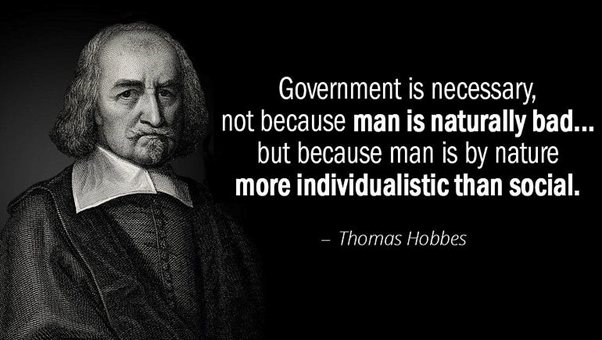0 Business regulation and oversight — a fundamental necessity.
- Economy
- by Adrian Mark Dore
- 13-10-2023

Proponents of free markets want fewer regulations and oversight, but that’s simply wrong, like so many other things about free market policies.
As a society, we have to accept a general principle that businesses will not act ethically or morally but rather in their own financial interests (unless compelled to by law.) The greater their financial interest, the less ethically and morally they will act. Often, the larger the organisation, the less ethical and moral they are, as they have the resources to hide or defend their actions. Not all organisations can be tarred with the same brush, but generally, they can.
I know many will rail against this statement as it doesn’t paint an attractive picture of business. Yet, there is too much evidence to back this statement up. The most damning evidence is that our universally accepted business measurement standard measures financial outcomes exclusively. We cannot hold businesses accountable for anything other than their financial stewardship, yet they use three other primary capitals apart from financial capital. These three other primary capitals are People, Natural and Common Capital. The mismanagement of these three primary capitals profoundly impacts the majority’s well-being, but they are not measured or managed. Why not? So, businesses can abuse these other capitals to improve financial capital outcomes.
Now that you understand, businesses will (generally) act unethically and immorally unless restrained by regulations because their measurement and management system encourages them to do so. Thus, the importance of regulation and oversight becomes apparent, as well as the reasons why businesses fight desperately to reduce regulations and oversight.
Regulation and oversight are two functions of the control process. Regulations provide the framework by which to assess performance, and oversight is the process of assessing to see if the framework is adhered to.
The smaller a government is, the less regulation and oversight it can provide. You need considerable resources to set regulations that encourage economic growth while also protecting our other primary capitals (or resources.) You then need resources to police these regulations. To see if they are working as intended and to recommend appropriate amendments.
The tiny wealthy minority fights to have small governments so we have fewer regulations and oversight so their (financial capital) interests are not harmed. With fewer regulations and oversight, they will continue to feed off the other primary capitals to the majority’s disadvantage.
One by one, let’s dispense with the myths and lies fed to us about the merits of free market policies. Like it’s in our interest to have a small government with fewer regulations and less oversight. We can all see how it benefits the rich minority but not the majority. In a democracy, the economy should serve the majority, not a small minority.
You may read other articles by Adrian Dore on Medium at